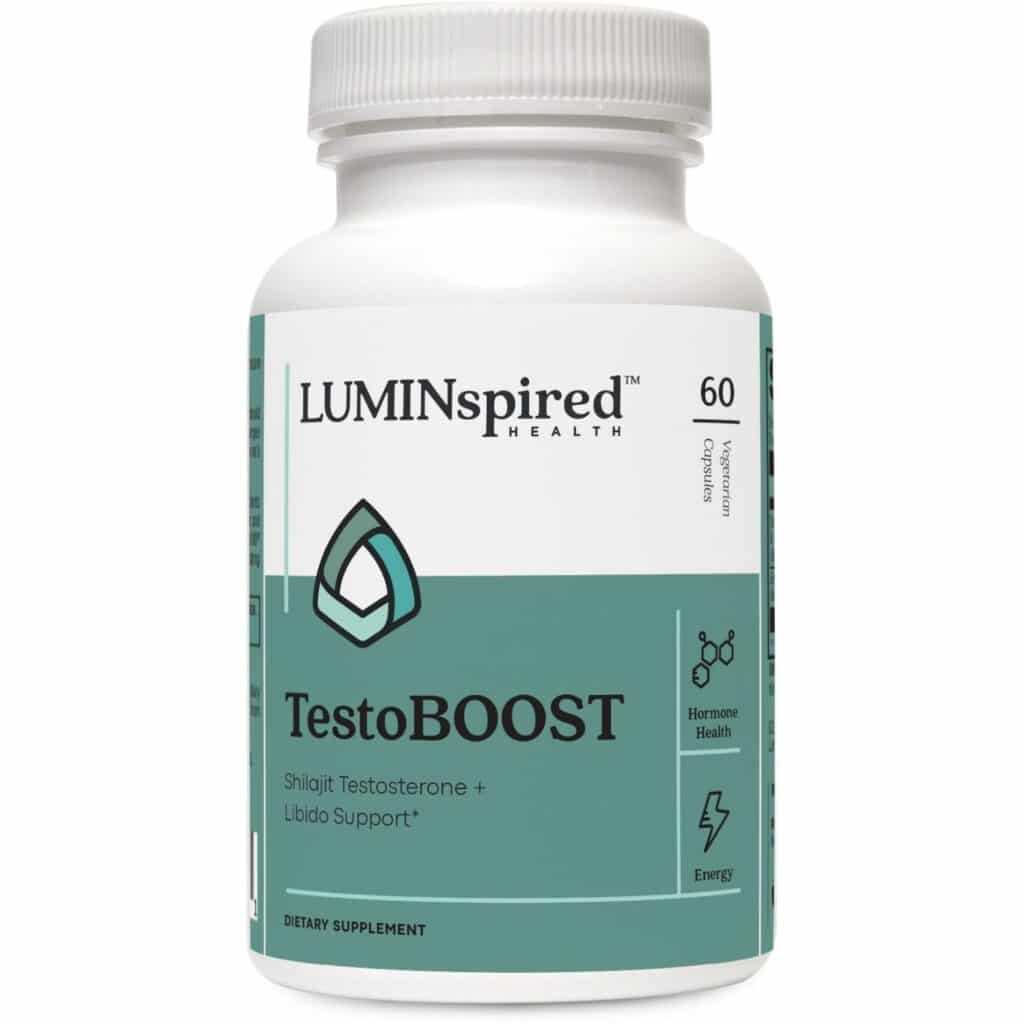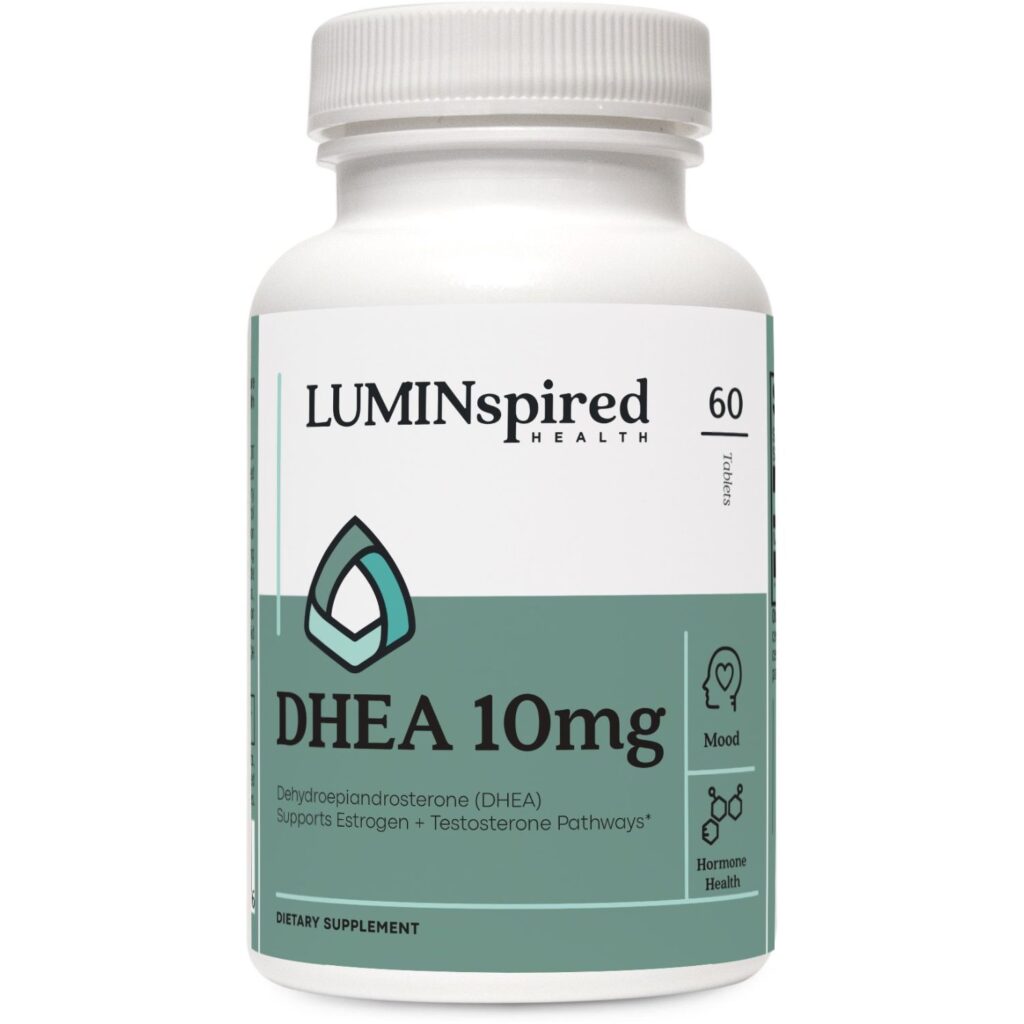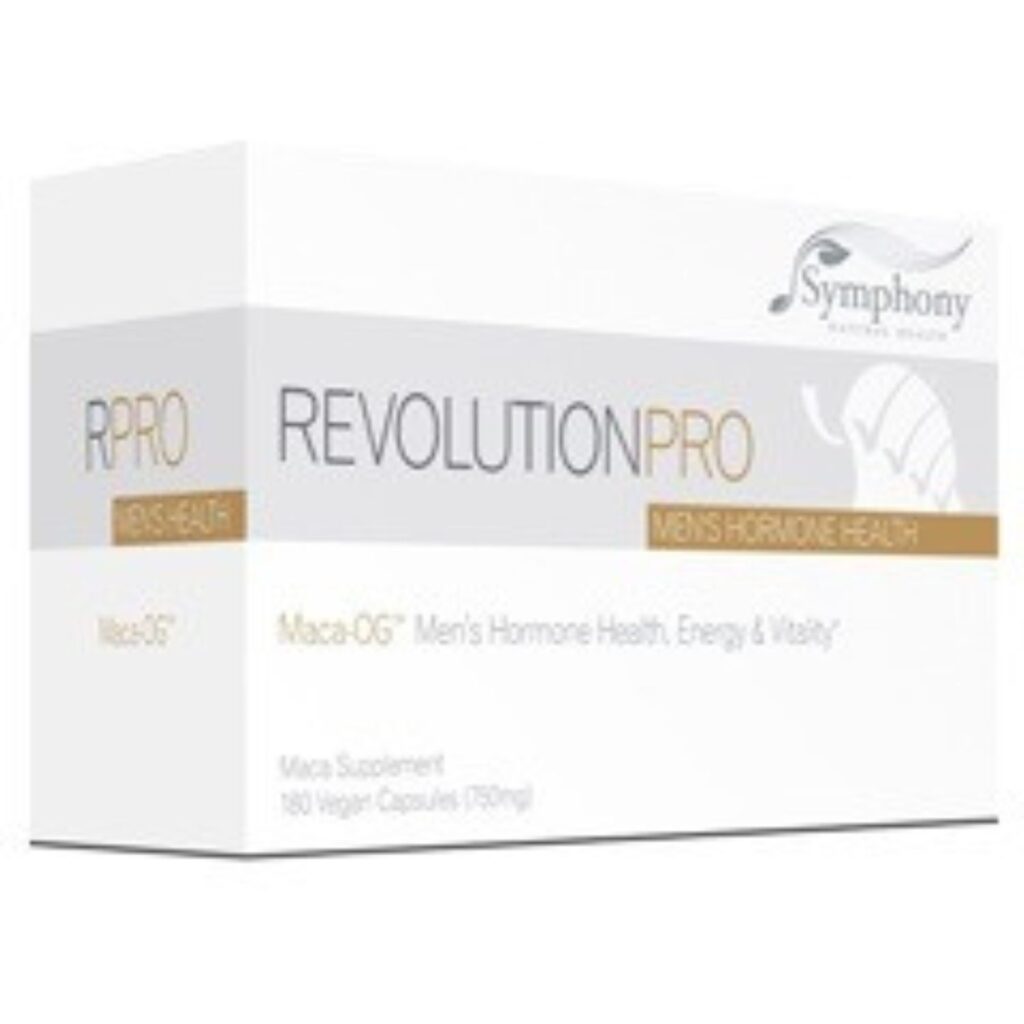Low testosterone, also known as male hypogonadism, is a condition where men’s testicles do not produce enough testosterone. There are several reasons why this could happen such as injuries, testicular health conditions, and pituitary gland or hypothalamus issues. Testosterone in males supports several functions: sex organs and genitalia, muscle mass, red blood cell levels, bone density, sense of well-being and sexual/reproductive function.
Testosterone is also a vital hormone that plays a crucial role in the development and maintenance of male characteristics. The hypothalamus and pituitary gland (part of the HPA Axis-see blog here to understand more) control the amount of testosterone produced and released by the testicles. Prolonged or high stress as well as poor sleep can negatively impact testosterone levels at any time in a man’s life. Also, as men age, their testosterone levels naturally decline to some extent so evaluating levels and potential low testosterone is very important for overall health throughout a man’s life.
Symptoms of Low Testosterone in Men:
- Fatigue and decreased energy levels: Low testosterone can cause persistent fatigue and a general lack of energy, making it difficult to engage in daily activities. Hot flashes may also occur.
- Reduced muscle mass and strength: Testosterone is essential for maintaining muscle mass and strength. Men with low testosterone may experience a decrease in muscle mass, making it harder to build and maintain muscle. Exercise endurance may drop as well.
- Increased body fat: Low testosterone levels can contribute to an increase in body fat, particularly in the abdominal area. This can lead to increased weight gain and difficulties in losing excess weight.
- Decreased libido and sexual function: Testosterone plays a crucial role in sexual desire and performance. Men with low testosterone may experience erectile dysfunction, a decrease in libido, and reduced sexual satisfaction.
- Mood changes and depression: Low testosterone levels can impact mood, leading to irritability, mood swings, and feelings of depression. Apathy, low motivation as well as difficulty with concentration and memory may arise.
- Decreased bone density: Testosterone helps maintain bone density in men. Low testosterone levels can lead to decreased bone density, increasing the risk of osteoporosis and fractures.

Best Ways to Support Healthy Testosterone Levels:
Healthy Diet:
A balanced diet that includes adequate amounts of protein, healthy fats, and micronutrients like zinc and vitamin D can support testosterone production. Include foods such as lean meats, fish, nuts, seeds, fruits, vegetables, and whole grains. The Daily Essentials provide the necessary support to lower inflammation, improve energy and nutrients levels.
Regular Exercise:
Pump that iron! Engaging in regular physical activity, including resistance training and cardiovascular exercises, can help boost testosterone levels. Aim for at least 150 minutes of moderate-intensity exercise per week and maintain a healthy weight. TestoBoost, DHEA and Revolution Pro are wonderful supplements to consider as options to assist testosterone production and vitality.



Stress Management:
Practice stress reduction techniques such as meditation, deep breathing exercises, and engaging in hobbies or activities that bring joy. Adapt XL supports the HPA Axis as well as increases energy!
Quality Sleep:
Sufficient sleep is crucial for hormone regulation, including testosterone production. Get 7-9 hours of quality sleep per night to support optimal testosterone levels.
Limit Alcohol Consumption:
Excessive alcohol consumption can lower testosterone levels and increase estrogen levels. Rare intake is key when it comes to alcohol!
As always, it is important to consult with one of the healthcare providers here at Inspired Health to equip you with a full comprehensive plan unique to you.
Be well!

Want more Inspired tips?
Be sure to follow us on Instagram, Facebook, and Pinterest.
Also, sign up for our newsletter!
Visit us in-person at Inspired Health, or schedule a TeleHealth appointment!
Resources
[1] “ Low testosterone (male hypogonadism).” 2024.
[2] “8 ways to increase testosterone levels naturally.” 2022.






